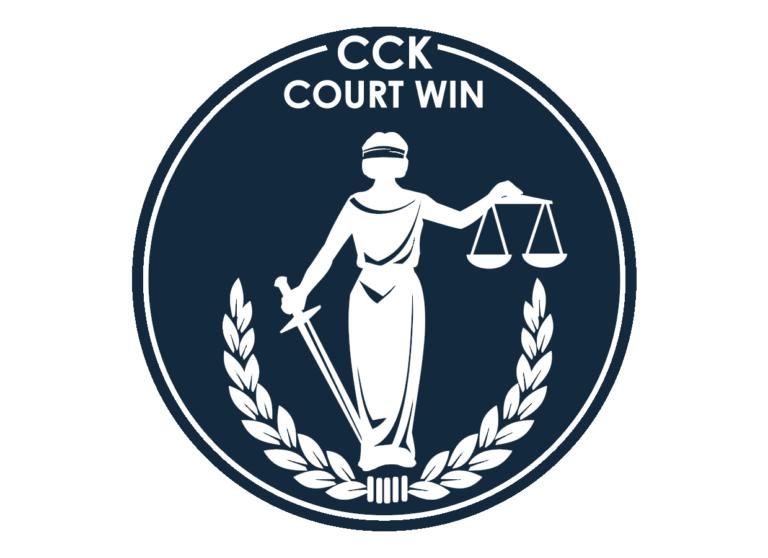Board Fails to Discuss the Issue of Aggravation in Denying Service Connection for Lung Disorder

CCK Law: Our Vital Role in Veterans Law
Summary of the Case
The Veteran served honorably in the United States Air Force from June 1980 to February 2004. He initially applied for service-connected compensation for any lung disorder on December 7, 2006. The following year, the Regional Office issued a Rating Decision denying his claim. The Veteran continued to appeal for service connection for a lung disorder while simultaneously appealing for an increased rating for his service-connected rhinosinusitis. In January 2010, the Regional Office granted his increased rating claim, assigning a 30 percent disability rating for rhinosinusitis effective December 14, 2009. However, the Board of Veterans’ Appeals remanded the Veteran’s claim for service connection for a lung disorder in May 2012 in order to obtain a VA examination.
In January 2013, a VA examiner opined that he had a lung disorder characterized as restrictive lung disease, which is a condition that is secondary to chest wall and diaphragm dysfunction from obesity. Two years later, the Board remanded his claim again for the VA examiner to opine whether the lung condition diagnosed in January 2013 was caused or aggravated (i.e. worsened beyond normal progression) by a service-connected condition. In December 2016, the examiner provided an addendum to the January 2013 examination report, and opined two main findings: (1) the Veteran’s restrictive lung disease was not be a complication or otherwise related to his rhinosinusitis; and (2) any obstructive or restrictive disease process was less likely than not aggravated by a service-connected condition.
In August 2017, the Board issued a decision that denied service connection for the Veteran’s lung disorder, to include as secondary to his service-connected rhinosinusitis. In its decision, the Board found that the current lung disorder did not begin during service. The Board also found that the Veteran’s current lung disorder is not secondary to his rhinosinusitis. However, the Board did not discuss whether his lung disorder was aggravated by any of his service-connected conditions.
CCK argues the Board failed to address aggravation
CCK successfully appealed to the Court of Appeals for Veterans Claims (CAVC) the Board decision that denied service connection for the Veteran’s lung disorder, to include as secondary to his service-connected rhinosinusitis. CCK argued that the medical opinion the Board obtained was inadequate because it did not include any rationale addressing the issue of aggravation. Specifically, the VA examiner did not address whether the Veteran’s lung disorder worsened beyond natural progression as the result of his service-connected conditions. VA responded by arguing that the Board was not required to discuss or develop the issue of aggravation because it was not raised below (i.e. prior to the appeal to the Court).
Court finds the Board’s decision inadequate
CCK argued, and the Court agreed, that the Board provided an inadequate statement of reasons or bases for denying the Veteran service connection for his lung disorder because it failed to address the reasonably raised issue of aggravation. The Court determined that although the Board discussed whether his lung condition was secondary to his service-connected rhinosinusitis, it failed to address whether rhinosinusitis, or any other service-connected conditions, aggravated his lung disability. Furthermore, the Court noted that the Board previously remanded the Veteran’s claim in August 2015 in order to develop the aggravation issue. Therefore, the Board’s failure to discuss aggravation frustrates judicial review and remand is required. On remand, the Board should discuss whether the medical evidence of record both (1) adequately discusses the issue of aggravation and (2) provides adequate rationale for any of the Board’s conclusions, as ordered in the August 2015 remand directive.
About the Author
Share this Post
